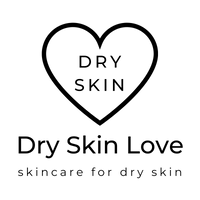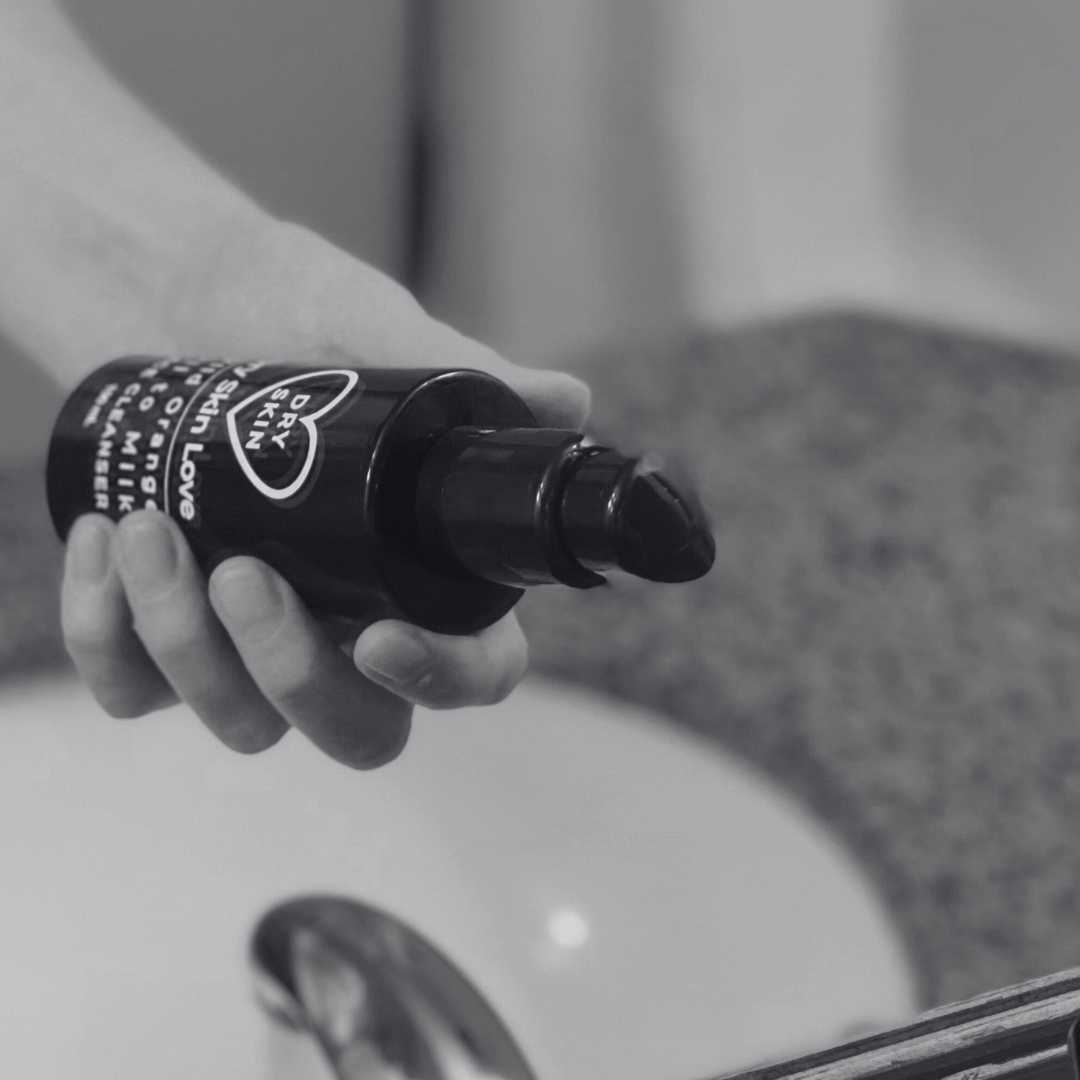In the world of skincare, "luxury" is more than a price point or a beautifully crafted bottle.
Luxury skincare embodies a commitment to superior ingredients, meticulous formulation, and an experience that indulges all the senses.
Beyond the visible benefits, luxury skincare appeals to our sensory and emotional desires, offering us a touch of fantasy and escape.
From the moment you open a jar or pump a serum, the rich textures, evocative aromas, and elegant packaging invite you into a world of self-care that feels both indulgent and transformative.
But what defines a product as truly "luxury"? And why are we drawn to these high-end brands?
This article will discuss:
- What is luxury?
- What is a luxury brand?
- Why buy luxury goods?
- What is luxury skincare?
- Summary
- References

What is luxury?
Luxury is difficult to define, as luxury is a relative concept.
Historically, the term “luxury” was applied to products that were both rare and scarce and available only to the elite few (Nueno and Quelch, 1998; Hauck et al, 2007).
Luxuries were items controlled through that scarcity or by sumptuary laws (Hauck et al, 2007).
Sumptuary laws were common in the 13th to 15th centuries to prevent extravagance in private life by restraining luxury goods, such as clothing, food, and furniture (Black's Law Dictionary).
Historically, sumptuary laws were intended to regulate and reinforce social hierarchies and morals.
During the Industrial Revolution, more wealth was brought to the masses and luxury became more attainable. As a result, the “democratization” of luxury since the 19th century occurred at such a pace that luxury itself was constantly being redefined (Hauck et al, 2007).
At the end of the nineteenth century, a new definition of luxury emerged: “things you have that I think you shouldn’t have” (Twitchell, 2003, p. 43).
The goods and services once reserved for the elite became more available to everyone (Hauck et al, 2007).
Over the past two decades, the luxury market has undergone some dramatic changes. A variety of goods are now classified as luxury goods, including wine, automobiles, fashion, food, jewelry, perfume, makeup and skincare.
Luxury is an indulgence in something that provides pleasure, satisfaction, or ease.
Today, luxury is in the eye of the beholder.

What is a luxury brand?
"Luxury brands are associated with consumer perceptions of a high level of price, quality, aesthetics, rarity, extraordinariness, and a high degree of non-functional associations" (Heine et al, 2012).
Some dimensions are present in multiple definitions such as high quality, rarity, premium pricing, and a high level of aesthetics (reviewed by Ko et al, 2019).
In 2019, Eunju Ko and colleagues summarized the literature on luxury brand marketing, and provided a definition of "what is a luxury brand?"
A luxury brand is a branded product or service that consumers perceive to:
- be high quality,
- offer authentic value via desired benefits, whether functional or emotional,
- have a prestigious image within the market built on qualities such as artisanship, craftsmanship, or service quality,
- be worthy of commanding a premium price; and
- be capable of inspiring a deep connection, or resonance, with the consumer.
The average luxury brand is associated with three characteristics: high price tag, high quality and aesthetics.
Typically, luxury brands or products will attempt to associate their brand name with these three associations and to show their target consumers that their brand encompasses these three features.
The average luxury brand also has a clear brand identity and signature, places emphasis on product integrity, and offers their products at a premium price (Genier, 2014).

Why buy luxury goods?
There are many reasons why people buy luxury goods, including status and pleasure.
For younger people, the most important reasons for buying luxury goods are for improving the quality of life, pleasure and entertainment (Hauck et al, 2007).
Research has shown that younger people are significantly more likely to self-gift and buy on impulse than older people. They are also more likely to buy for status reasons (Hauck et al, 2007).
For older people, the most important reasons for buying luxury goods are for improving the quality of life, pleasure and relaxation (Hauck et al, 2007).
Older people enjoy buying luxury goods and services to beautify their homes (Hauck et al, 2007).

What is a luxury skincare?
Luxury skincare refers to high-end skincare products that are designed to provide exceptional quality, results, and sensory experiences. These products are typically associated with premium pricing and feature exclusive ingredients, innovative formulas, and luxurious packaging.
Luxury skincare brands often invest heavily in research and development, using advanced technology and cutting-edge ingredients to create highly effective products. Additionally, luxury skincare often focuses on creating a full sensory experience for the user, with rich textures, exquisite fragrances, and beautiful packaging that feels indulgent and luxurious.
Overall, luxury skincare promises exceptional results for the skin and is a popular choice for those who are willing to invest in high-quality skincare products.
Luxury skincare is superior in terms of ingredients, packaging and results. As such, luxury skincare is expensive.
Luxury skincare also appeals to your sensory, emotional and fantasy desires.

Summary
What is luxury skincare?
It's more than just superior ingredients and elegant packaging—it's about creating an experience that indulges your senses, uplifts your emotions, and fulfills your fantasies of self-care.
Luxury skincare is an experience you can savor, day after day.
References
Black's Law Dictionary. Sumptuary Laws. (6th ed.). 1999. p. 1436.
Genier, Roxanne. (2014). Defining the characteristics of luxury products. Available. Defining The Characteristics of Luxury Products - Agence Luxury Accessed: April 1, 2021.
Hauck, W. E., & Stanforth, N. (2007). Cohort perception of luxury goods and services. Journal of Fashion Marketing and Management: An International Journal.
Heine, Klaus (2012). The Concept of Luxury Brands. Edition 2. www.conceptofluxurybrands.com
Heine, K., & Phan, M. (2011). Trading-Up Mass-Market Goods to Luxury Products. Australasian Marketing Journal, 19(2), 108-114.
Ko, E., Costello, J. P., & Taylor, C. R. (2019). What is a luxury brand? A new definition and review of the literature. Journal of Business Research. Volume 99, June 2019, Pages 405-413.
Nueno, J.L. and Quelch, J.A. (1998), “The mass marketing of luxury”, Business Horizons, Vol. 41 No. 6, pp. 61-8.
Twitchell, J.B. (2003), Living It Up: America’s Love Affair with Luxury, Columbia University Press, New York, NY.

Author Information

Dr. Natasha Ryz is a scientist, skin care expert and an entrepreneur. She is the founder of Dry Skin Love Skincare, and she creates skincare products for beauty, dry skin and pain relief.
Dr. Ryz has a PhD in Experimental Medicine from the University of British Columbia in Vancouver, and she is a Vanier scholar. She also holds a Master of Science degree and a Bachelor of Science degree from the University of Manitoba in Winnipeg.
Natasha is the former Chief Science Officer of Zenabis Global, and she oversaw extraction, analytics, and product development. Her team brought 20 products to market including oils, sprays, vapes and softgels.
Why I Started A Skincare Company

